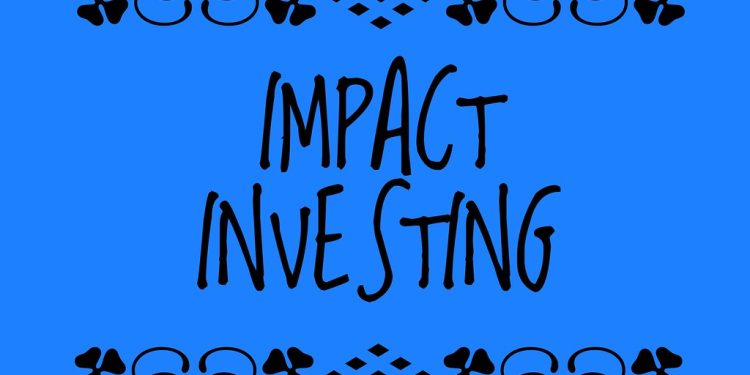Imagine your brain as a high-performance vehicle. Just like any car, it requires the right fuel and maintenance to keep running at its optimal best. But what happens when we neglect these crucial aspects? The brain, much like that car, starts to stutter and stall, compromising output. In this enlightening exploration titled ”The Impact of Lifestyle on Learning: Sleep, Diet, and Exercise,” we peel back the layers of what it truly means to provide your brain with the right conditions for an unparalleled learning experience. We’ll take you on a compelling journey that links the patterns of your sleep, the content of your plate, and your physical activity level to your capacity to capture, process, and retain new knowledge. Get ready to shift gears and redefine your journey to learning through a holistic approach encompassing sleep, diet, and exercise. From the realm of academia to everyday discussions, the importance of sound sleep can’t be overemphasized. Somewhere within the steady rhythm of sleep lies a key looking to unlock your untapped academic potential. The predominantly ignored link between sleep quality and learning could very well be the missing piece in your academic puzzle. Various research studies have pointed towards this deep-seated correlation. A comprehensive study underlines that students who sleep for an optimal duration of 7-9 hours tend to retain information better and demonstrate increased creativity. Not just the quantity, but the quality of sleep also positively influences memory consolidation and problem-solving skills. Hence, in the pursuit of top-tier academic performance, the journey may indeed start by reaching for your pillow.
Moving beyond sleep, the fuel you inject into your system might just be what ferries you across the river of academic challenges. A well-balanced diet goes a long way in sharpening your cognitive abilities. Consuming foods rich in antioxidants, Omega-3 fatty acids, and B vitamins, which include fruits, vegetables, fish and whole grains, can enhance your memory and concentration. On the flip side, high sugar foods and beverages have been synonymous with fluctuating energy levels and poor cognitive performance. So, uniquely accelerating your learning velocities might not just depend on the books you hit, but the foods you pick. Now, let’s break a sweat. Regular exercise has been known to work wonders on your physical health, but its effects transcend physicality, venturing into the cognitive realm.
- Cardiovascular Activities: Activities like jogging, swimming, and cycling increase blood flow to the brain, thereby boosting cognitive abilities.
- Strength Training: Strength-training exercises such as weightlifting could help boost memory and learning engagement.
- Yoga and Meditation: These practices help in reducing stress and anxiety, creating an ideal mental state for efficient learning.
The quest for academic success invites an examination of lifestyles beyond the obvious. That’s where lifestyle modification strategies come into play. From setting a consistent sleep schedule to consciously including brain-nourishing foods in your diet and incorporating an exercise routine into your lifestyle can progressively/transformatively reshape your learning abilities. So, take a step back from the books, re-evaluate your lifestyle, adapt, and embark on your journey to academic success. As the echoes of our exploration into the impact of lifestyle on learning starts to fade, one thing remains as clear as the first light of dawn – every hour of sleep, every bite of nourishing food, and every drop of perspiration shed during exercise, is a brick in the edifice of our cognitive capacity. The paths of knowledge are not merely illuminated by intellectual curiosity, but also by the warm lamps of balanced lifestyles.
Our journey has been like a compass needle whirling through the domains of sleep, diet, and exercise, each direction revealing how interwoven these facets are with our ability to learn, understand, and remember. As we navigate the complexities of the modern world, let’s not forget that our brains thrive best when swaddled in the trifecta of ample rest, balanced nutrition, and regular physical activity.
We leave you now at the crossroads of science and self-care, where the arrows of research point unerringly towards nurturing our bodies. Quite often, the key to unlocking potential lies not in the vast landscapes of external knowledge but within the compact ether of our own internal rhythms and routines. And on that note, it’s time to set sail on the sea of dreams, or perhaps to savour an apple, or even enjoy a brisk walk: for, alongside the enigma of the world outside, our greatest adventure still lies within.






